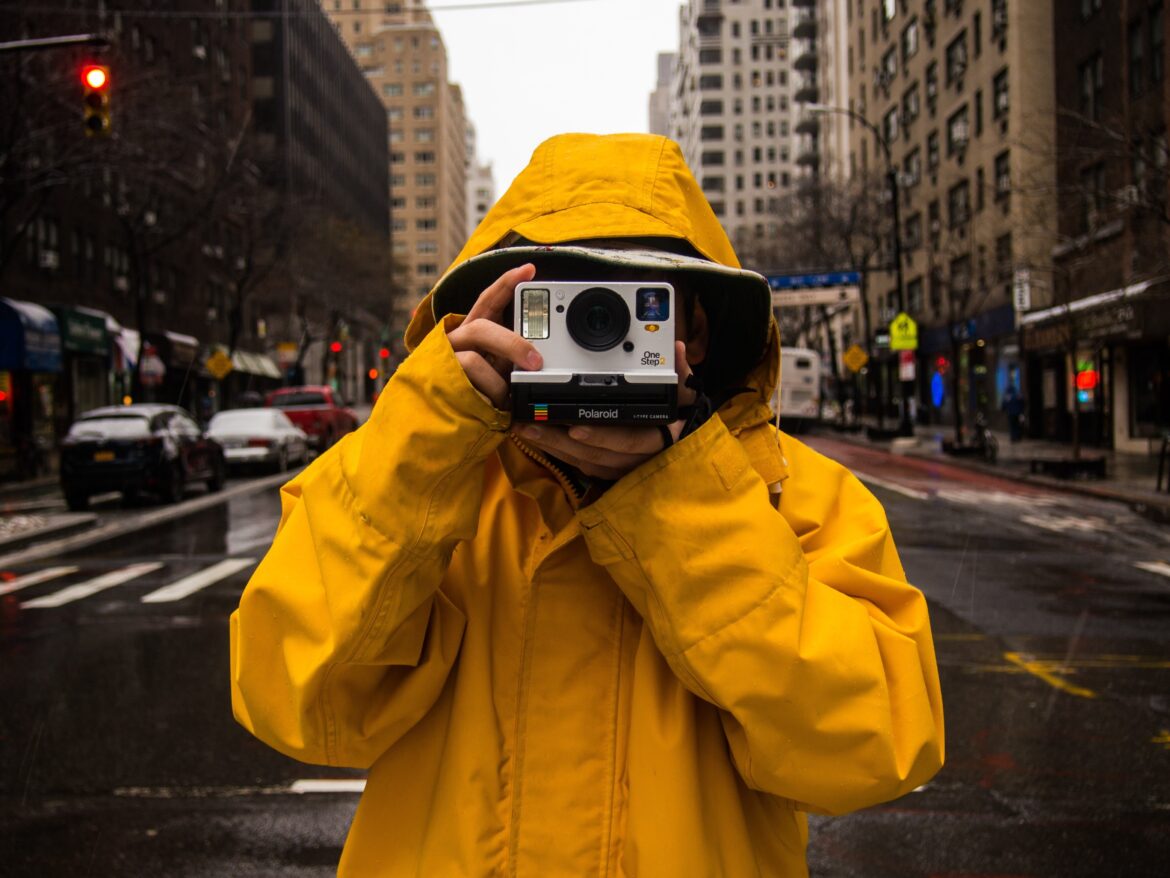Rain might not be the first thing you envision when planning a photoshoot, but it can offer a unique atmosphere and a fresh perspective to your photos. With raindrops, reflections, and dramatic clouds, shooting in the rain can lead to some unforgettable shots. However, it also poses challenges. Here are some tips and ideas to harness the rain’s potential while ensuring a smooth experience:
1. Gear Up
Before stepping out, ensure your equipment is protected:
- Weather-Sealed Gear: Many professional cameras and lenses come with weather-sealing.
- Rain Covers: These are affordable and can save your camera from potential water damage.
- Umbrella Holder: Attachable to your tripod, this will help keep your camera dry and allow hands-free shooting.
2. Scout Safe Locations
Seek areas with natural overhead protection, like trees or bridges, which will allow you to shoot even in heavy rain.
3. Maximize Reflections
Rain creates puddles, and puddles reflect the world. Use them to create symmetrical compositions or to capture reflections of subjects and lights.
4. Experiment with Shutter Speed
Fast shutter speeds (like 1/500) can freeze raindrops, while slower speeds (like 1/60) can give a streaky effect, emphasizing the rain’s direction and movement.
5. Go Macro
Close-ups of raindrops on leaves, flowers, or windows can be mesmerizing. Use a macro lens or the macro mode on your camera.
6. Capture the Mood
Rain often creates a moody and dramatic atmosphere. Embrace it by focusing on broody skies, wet surfaces, and the overall gloomy ambiance.
7. Enhance Colors
Rain can make colors pop by darkening and saturating the surroundings. Look for bright-colored subjects like umbrellas, raincoats, or flowers to stand out against the gloomy backdrop.
8. Play with Lights
Streetlights, headlights, and any urban illumination can create fascinating bokeh and patterns when diffracted through raindrops.
9. Capture the Action
Children jumping in puddles, hurried pedestrians with umbrellas, or water dripping from rooftops – action shots can encapsulate the essence of a rainy day.
10. Be Ready for Post-Processing
Your images might need a bit more contrast or brightness adjustment due to the natural diffused lighting on rainy days. Tools like Lightroom or Photoshop can help.
11. Safety First
Avoid areas prone to flooding or slippery terrains. Also, ensure your gear’s safety by frequently checking for any water leakage into your bags or equipment.
12. Embrace the Unexpected
Sometimes, things won’t go as planned. Maybe there’s a sudden downpour, or the rain stops altogether. Use these moments as opportunities for candid shots or to take in the surroundings and get inspired.
Conclusion
Shooting in the rain can be an enriching experience that pushes your creative boundaries. Embrace the elements, be prepared, and most importantly, have fun. When done right, rain photography can lead to some of your most cherished captures.


